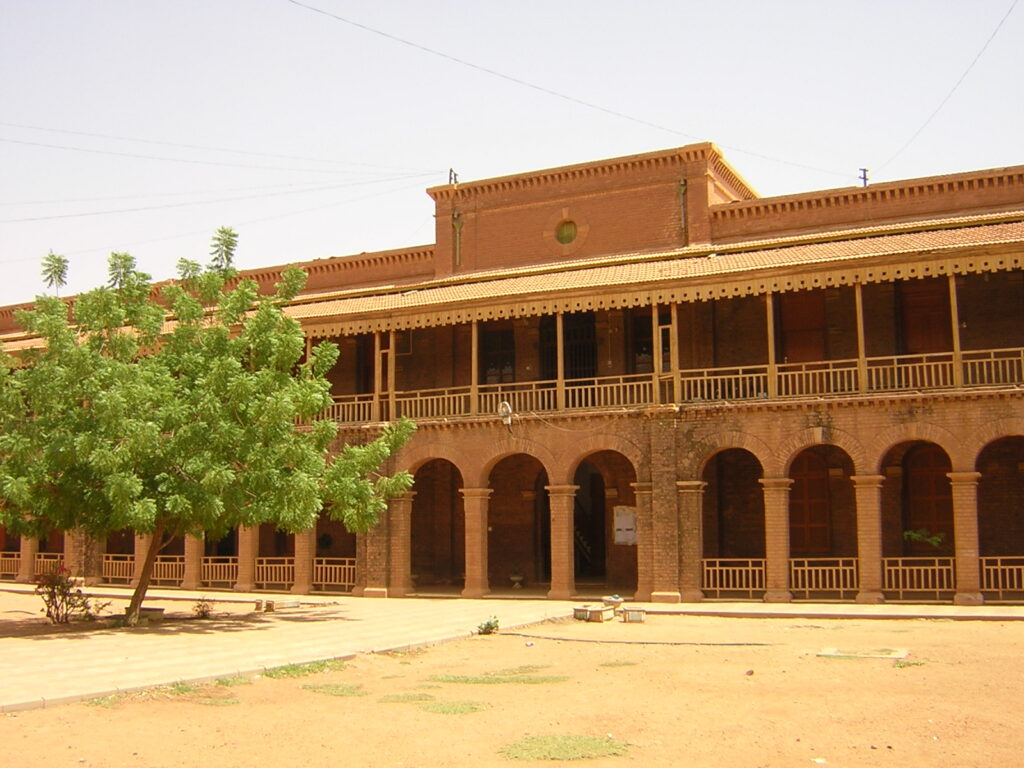
In South Sudan, old tires are finding new life—as sandals that offer more than comfort, but also economic salvation.
What began as a traditional craft in East African nations like Rwanda and Kenya has become a survival tactic for thousands of South Sudanese.
Months of unpaid salaries have left government workers, teachers, and soldiers struggling as oil revenues—South Sudan’s economic lifeline—dwindle fast.
The country’s heavy reliance on oil, which funds over 90% of its annual budget, turned disastrous when war in neighbouring Sudan disrupted pipeline exports.
The South Sudanese pound has plummeted since 2023, sending inflation soaring and basic goods, including leather footwear, out of reach for most.
Despite official claims that exports resumed in June following repairs, the economic pain continues to ripple through households across the nation.
For a population where nearly 80% live below the poverty line, according to the World Bank, discarded rubber has become a currency of resilience.
Street markets now bustle with handmade flip-flops and sandals fashioned from used tires—durable, affordable, and a testament to human ingenuity.
Once a cultural staple, this footwear now symbolises endurance in a country gripped by conflict, hunger, and political turmoil.
The ongoing power struggle between President Salva Kiir and Vice President Riek Machar, currently under house arrest, has deepened the economic wounds.
Meanwhile, with formal employment scarce, communities rely on informal trade and functional recycling to navigate a shrinking economy.
In a nation wearied by five straight years of economic contraction, every sandal sold becomes both an act of defiance and a step forward.
From hardship emerges innovation, as the streets of South Sudan echo with the quiet revolution of rubber soles on scorched earth.



